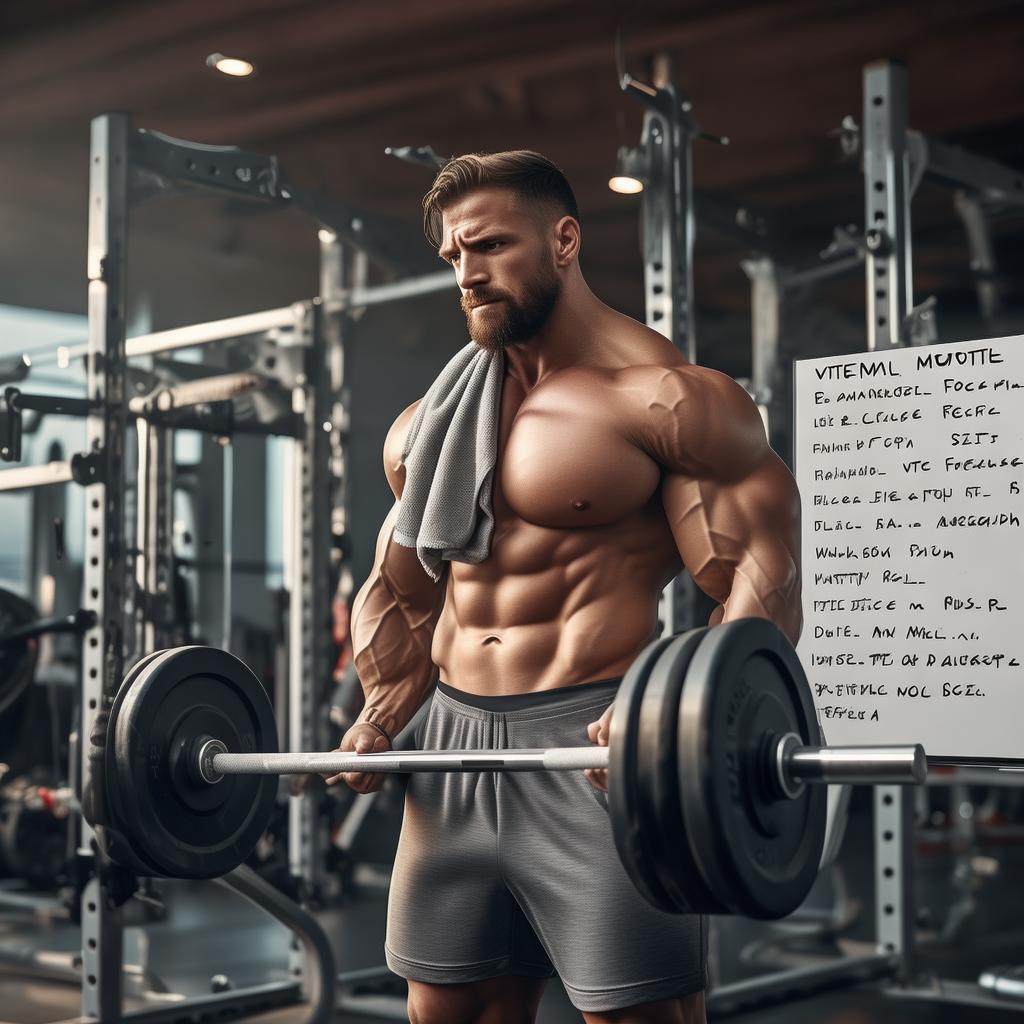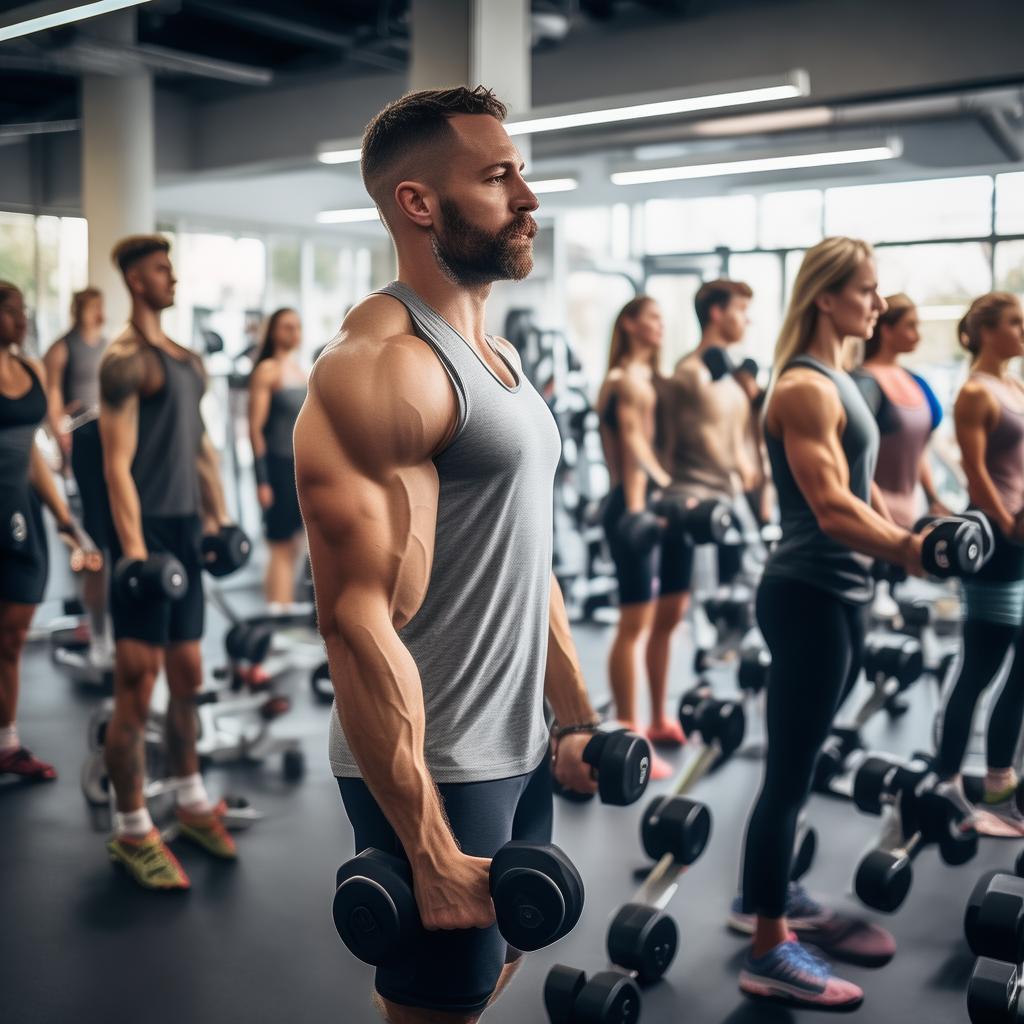Introduction
On October 9, 2024, if we aim to grow muscles, a crucial aspect is consuming more foods that aid in muscle – building. It’s important to note that every muscle in our body develops by absorbing nutrients from the food we eat. Thus, a proper fitness diet for muscle gain is of great significance. So, do you know which fitness diet can help grow muscles the fastest? Let’s explore the world of fitness – friendly foods.
High – Protein Foods for Muscle Growth
Protein is essential for muscle development.
1. Protein – rich foods
(1) Animal protein: Lean beef, cheese, fish, and chicken breast are excellent sources of animal protein. These foods provide high – quality protein that is easily absorbed by the body, promoting muscle repair and growth.
(2) Plant protein: Beans, such as tofu and soybeans, are rich in plant – based protein. They are a great option for vegetarians and vegans or for those looking to diversify their protein intake.
2. Protein powder
Protein powder has a high protein content (a scoop typically contains about 25 grams of protein) and is well – absorbed. However, it’s important not to overdo it. An appropriate amount of protein powder can accelerate muscle growth, but excessive consumption can have negative effects on muscle development. It is advisable to purchase genuine protein powder to avoid potential harm.
Muscle – building tip: The amount of protein to consume for muscle gain during exercise varies depending on the type of training. For aerobic training, it is 1.3 grams per kilogram of body weight; for strength training, 1.8 – 2.0 grams per kilogram of body weight; and on rest days, 0.9 grams per kilogram of body weight.
Other Nutrients for Muscle Growth
1. Carbohydrates
Brown rice is a prime example. Researchers have discovered that brown rice contains arginine and lysine, two substances that can increase the rate of human muscle growth up to 21.5 times higher than protein supplements. In addition to brown rice, oats, whole – wheat pasta, and quinoa can also be included in the diet to supplement carbohydrates.
2. Vegetables
Cabbage is a representative vegetable. It not only provides a feeling of fullness but also has a high vitamin C content (half a cup of cabbage contains 60 mg of vitamin C). Moreover, cabbage contains substances that protect muscles from damage, reducing the risk of muscle injury compared to athletes who take supplements. Spinach, carrots, tomatoes, and salads are also good vegetable options for muscle – building diets.
3. Nuts
Almonds are a great source of nutrients. They are rich in magnesium, a trace element that can help fitness enthusiasts increase negative gravity. Besides almonds, pistachios, cashews, walnuts, and hazelnuts are also beneficial.
4. Fats
Low – fat ice cream, for instance, can provide essential substances. Half a cup of ice cream can supplement more than 60 mg of calcium, which is beneficial for the growth of biceps, triceps, and other muscles that need this substance.
5. Sugars
Brown sugar iced tea is an example of a food that can store liver sugar and provide energy for muscles, enabling higher – level and sustained muscle function. In addition to iced tea, potatoes, fruit juices, and desserts can be consumed in moderation, with the amount controlled to less than 25g.





